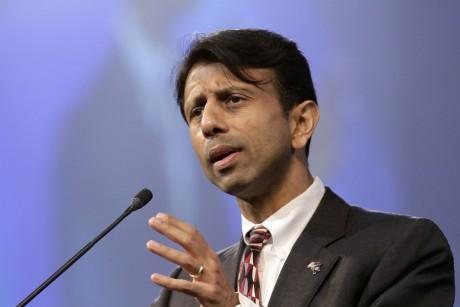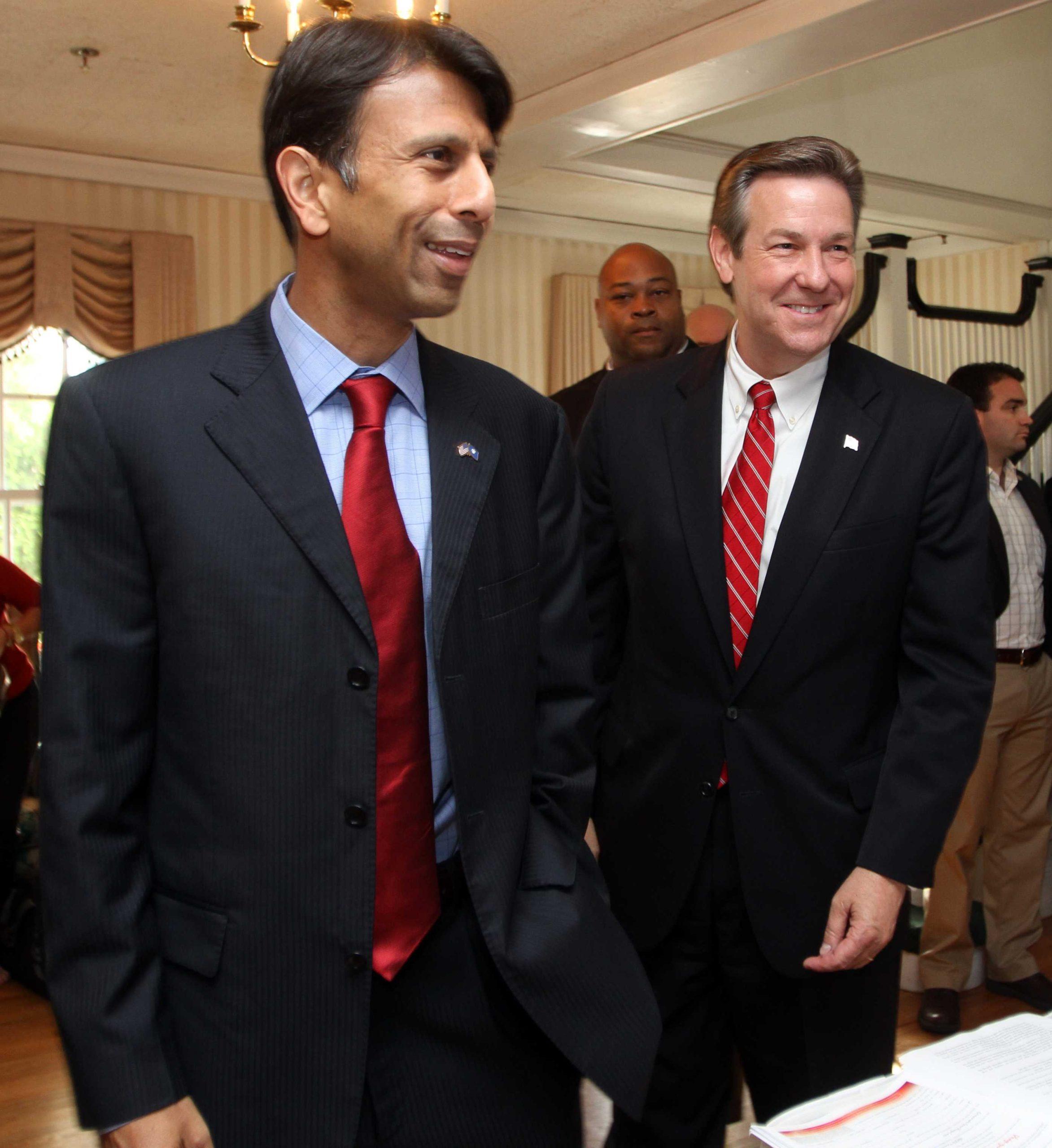In an effort to drive more investments to Louisiana, Gov. Bobby Jindal wants to remove corporate and income taxes and increase sales taxes to compensate for the cuts.
Jindal tweeted his plan Jan. 10 saying, “We should eliminate all personal, corporate income taxes in a revenue-neutral way and keep sales tax low and flat.”
In a separate tweet, Jindal said eliminating those taxes “puts more money in the pockets of Louisiana families.”
Jindal has yet to officially release the details of his reform plan.
The Times-Picayune reported Jindal said in a statement on the tax overhaul plan, “We are meeting with every legislator over the coming weeks to discuss the details of the tax reform plan. Our goal is to eliminate all personal income tax and all corporate income tax in a revenue neutral manner. We want to keep the sales tax as low and flat as possible.”
James Richardson, director of the Public Administration Institute and alumni professor of economics, said he understands Jindal wants to expand the base, but to do this, he has to tax things that aren’t currently taxed.
“You wouldn’t have an income tax, but if you went out to buy beer or pizza, you’d have a higher sales tax on it. … If your income isn’t as big, you wouldn’t gain much, but you’d have to pay more sales tax,” he said.
With the reform, Richardson said students working minimum wage would not make enough money for the income tax elimination, but students would have to pay more sales tax.
Currently, income tax does not greatly affect students making minimum wage, so if Jindal’s reform moves forward, items would cost more and students would not reap the benefits, Richardson said.
“Men like Les Miles and the chancellor of the LSU System will get a big break [on their] income,” Richardson said.
Richardson said he doesn’t think the plan will have as much impact as Jindal believes it will.
Economics junior Simon Cassel agreed on the negative impact for college students.
For example, he said someone making $10,000 will have more direct expenses and consume more to maintain a standard of living. This group is not saving or investing, he said.
“They can’t make enough money to offset the cost of consumption,” Cassel said. “The more money you have, the less you spend
on consumption.”
He said the elimination of sales tax favors those who spend less.
Alex Braud, political science senior, called Jindal’s tax reform “a step toward much more voluntary payment of taxing.”
Braud said the plan gives citizens a better opportunity to save money and lets citizens see how much they make and decide how much they are willing to pay for different items.
“The Jindal plan is a much better idea than the fair tax. It’s a step toward a much more voluntary payment, as opposed to taxing,” Braud said.
As for more business, Braud and Cassel agreed that a low corporate tax does not exactly equal more business like Jindal hopes.
“California and New York still have investment. They have things Louisiana doesn’t, like health care, education and lower crime rates. Companies are willing to pay higher taxes because they have a higher educated workforce,” Cassel said.
Braud said he is not sure how much of a drive this will be for business given the increase in sales tax.
”We should eliminate all personal, corporate income taxes in a revenue neutral way and keep sales tax low and flat. Eliminating personal income taxes puts more money in pockets of Louisiana families, makes Louisiana more attractive to companies who want to create jobs.”






